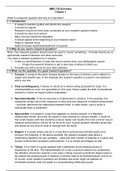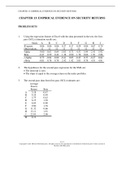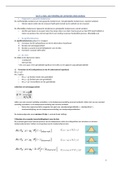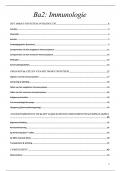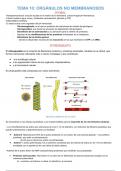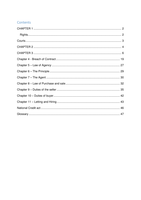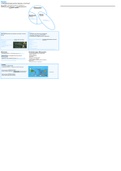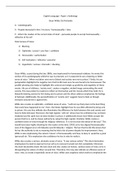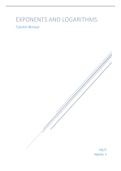Summary
NMQ 745: Chapter 1 - Summary
Summaries for Chapter 1 of the NMQ (First Steps in Research - Second edition) handbook. These notes are ideal for students studying for their Honours degree in Education (BEdHons). I got 98% for this module using these notes and still use them in my PhD research today.
[Show more]
